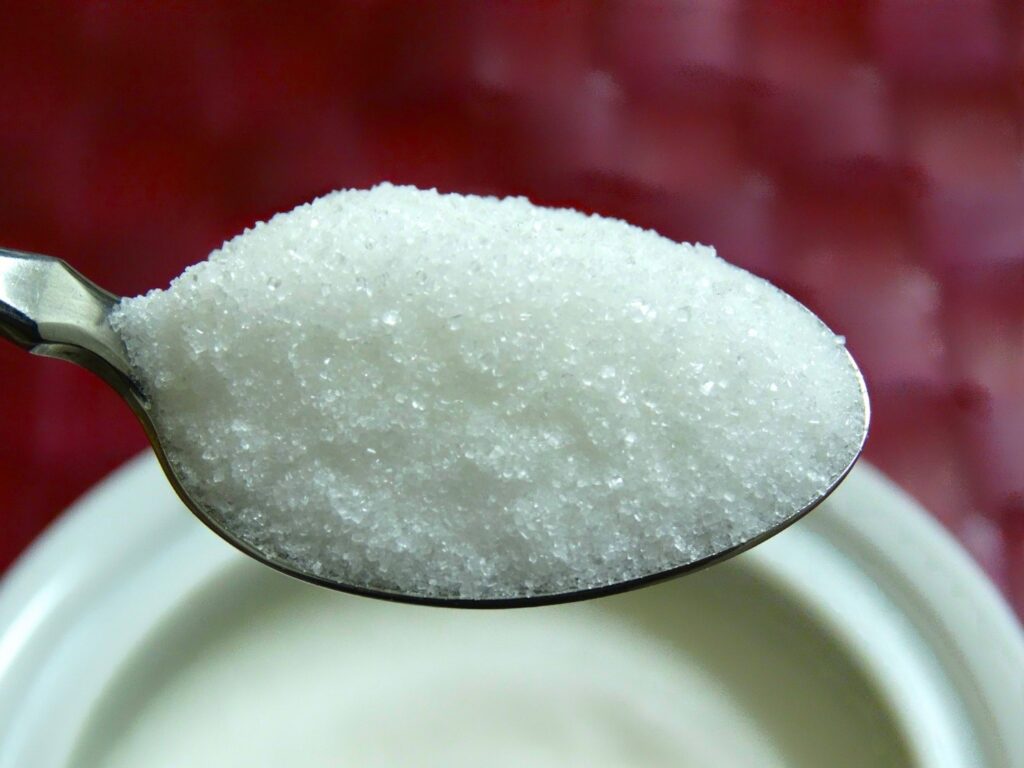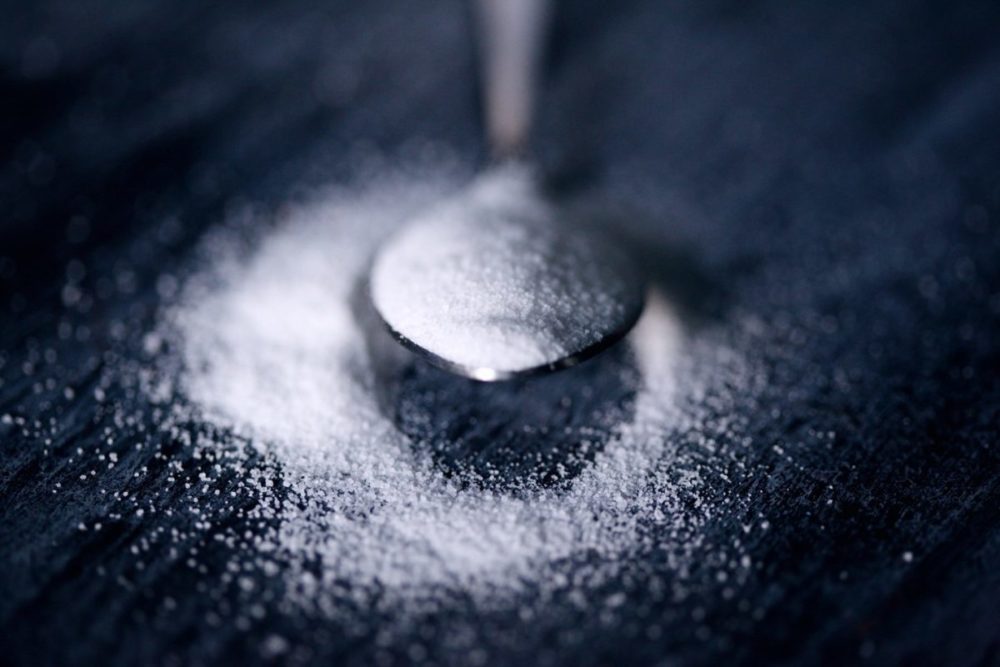About 40 percent of adults use sugar substitutes, and most of them do so at least once daily. While these low-calorie sweeteners are most commonly consumed in beverages, they’re also eaten in foods and used in place of sugar to stir into coffee or sprinkle over cereal.
The presence of such sweeteners in our foods isn’t always apparent, though phrases such as “light,” “no sugar added,” “sugar-free,” or “low-calorie” mean there’s a good chance they contain a sugar substitute. People are often unsure about whether to consume these sugar substitutes, and for good reason. Are they actually healthier than sugar?
Related: Reducing Sugar: This Surprising Ingredient Could Make Foods Taste Sweeter
While synthetic and natural alternatives to sugar are available, little is known about their effects. When studying the effects of regularly consuming sugar substitutes, results have largely been inconclusive. This is partly due to the wide range of sweeteners to study as well as the fact that sugar substitutes make up only a small part of a person’s diet.
But a new study has found that stevia extract, a popular sugar alternative, can reduce markers of fatty liver disease. A clinical trial that is now in progress thanks to the results of the preclinical research, published in the journal Scientific Reports.
The study addressed and answered the question, can non-caloric sweeteners improve signs of fatty liver disease? Using a preclinical model, co-author Dr. Kohli tested two widely available, non-caloric sweeteners — sucralose and stevia extract.
“We were interested in those two compounds because they are the newest and least studied in the context of liver disease and obesity,” Dr. Kohli said.
The study found that stevia extract lowered glucose levels and improved markers of fatty liver disease when compared with sugar. These markers include fibrosis and fat levels in the liver. The study also explored some potential mechanisms that could play a part in reversing these markers of fatty liver disease.
“We saw a decrease in signs of cellular stress and some changes in the gut microbiome, but there is more work to do in order for us to understand the clinical relevance,” Dr. Kohli said.
The sugar substitute market is driven by the rising demand for sugar alternatives such as high- and low-intensity sweeteners, and high-fructose syrup in food, beverage and healthcare applications. Leading companies such as Tate & Lyle PLC, Cargill and E. I. du Pont de Nemours and Company have made significant investments in R&D to develop new and cost-effective sugar substitutes to its customers.
There is not yet enough data to strongly recommend avoiding low-calorie sweeteners, nor is there enough evidence to strongly endorse them. But the sugar substitute market is projected to grow in developing countries due to the rise in sugar-related health problems and increasing awareness of low-calorie foods and beverages.







Join or login to leave a comment
JOIN LOGIN